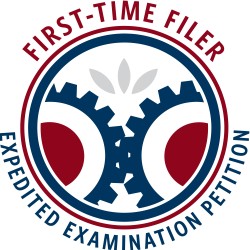Hello readers! On Wednesday, May 10, 2023 I presented a webinar about the malpractice risks of e-filing a patent application in DOCX format under the USPTO’s DOCX initiative, for those who use Microsoft Word. On Friday, May 12, 2023 I presented a webinar about the malpractice risks of e-filing a patent application in DOCX format under the USPTO’s DOCX initiative, for those who use non-Microsoft word processors.
The webinars got recorded, and the recordings have now been edited into usable format for later viewing. You can see the May 10 recording here (1:29 in length) and you can download the presentation materials here. You can see the May 12 recording here (1:10 in length) and you can download the presentation materials here.




